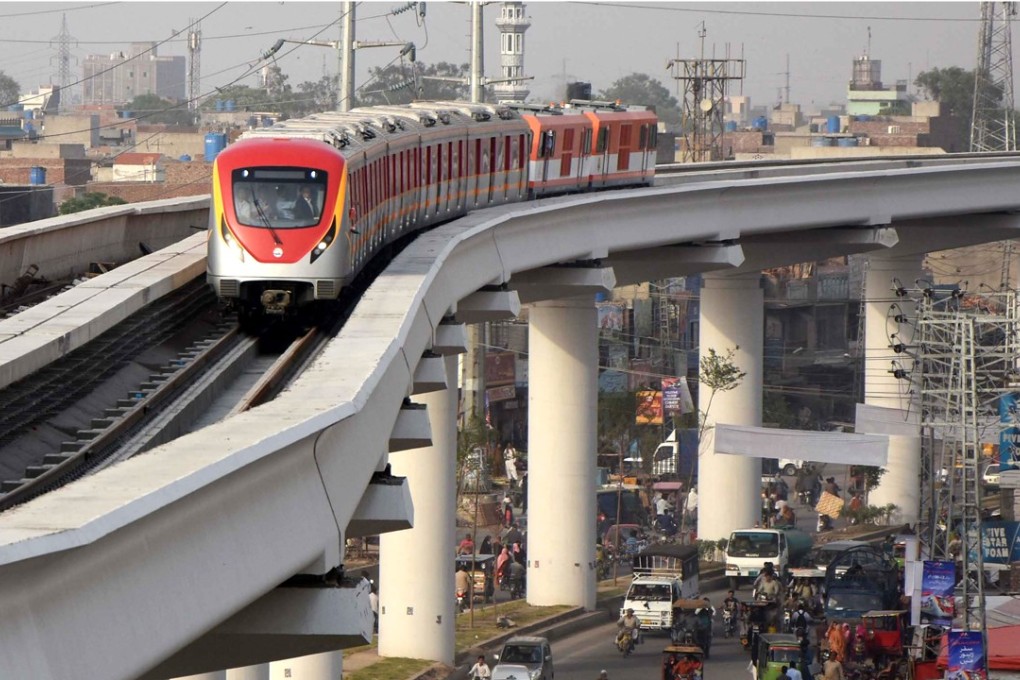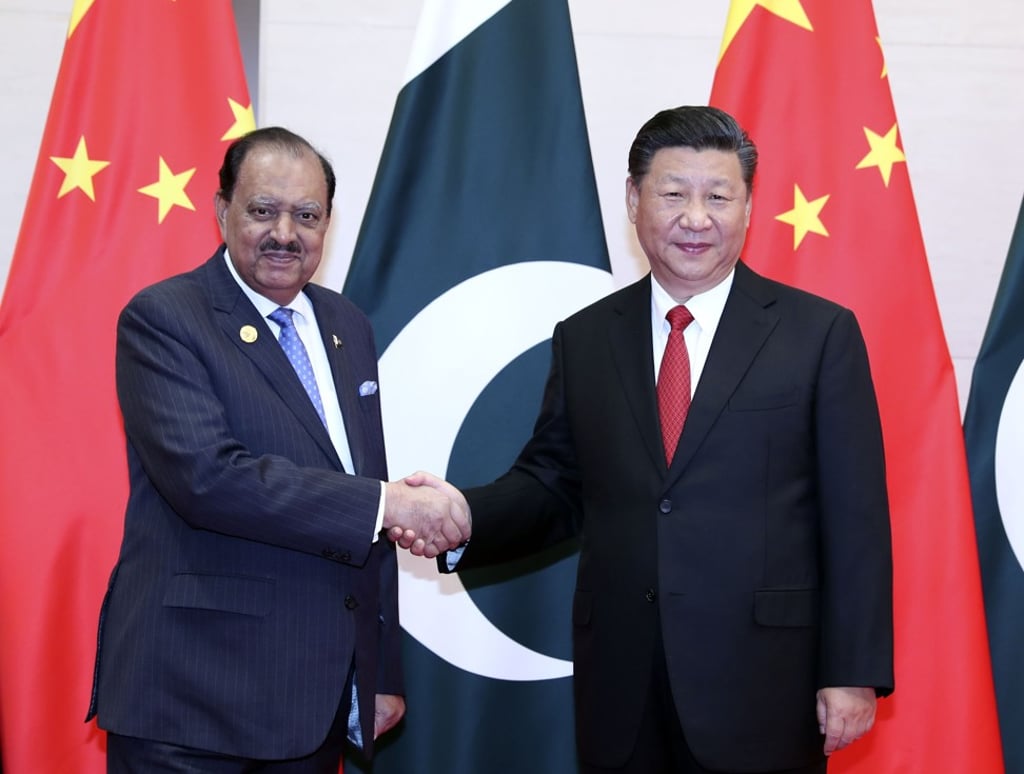Is China’s US$62 billion investment plan fuelling resentment in Pakistan?
China-Pakistan Economic Corridor will stir up political tensions if Islamabad and Beijing cannot resolve existing concerns, NGO says

China’s massive investment in Pakistan could fuel greater conflict in the South Asian nation if it continues on its current path, a non-profit organisation warned, just weeks ahead of what are shaping up to be the most controversial elections in the nation’s democratic history.
The China-Pakistan Economic Corridor (CPEC) – a collection of US$62 billion worth of infrastructure projects under construction across the country – may raise political tensions and animosity if Islamabad and Beijing cannot mitigate existing concerns, according to a report by the Belgium-based International Crisis Group.
“Pakistan’s economy clearly needs reform to better serve its people, and many officials say CPEC will help in this regard,” it said. “But as currently rolled out, the corridor risks aggravating political tension, widening social divides, and generating new sources of conflict in Pakistan.”
